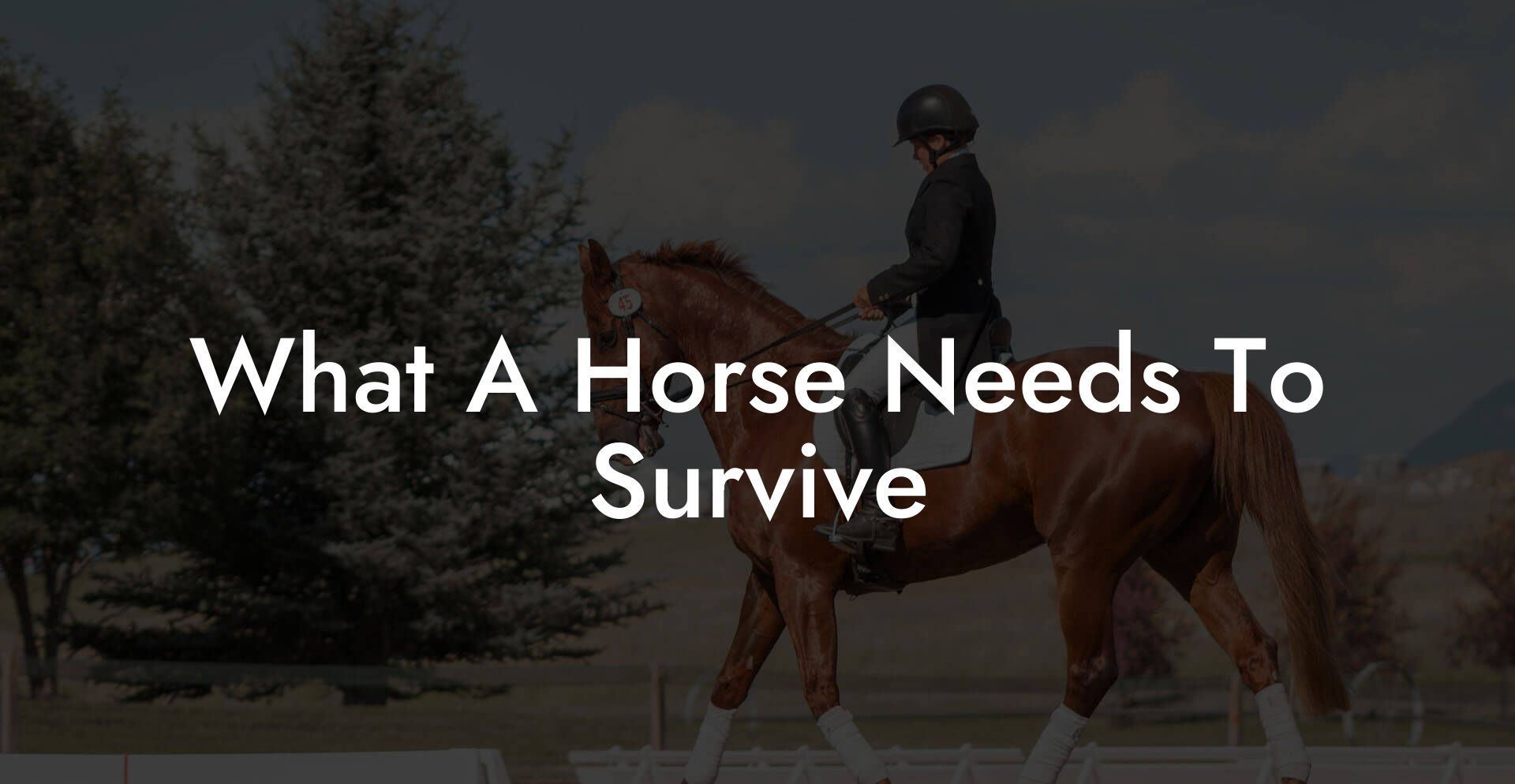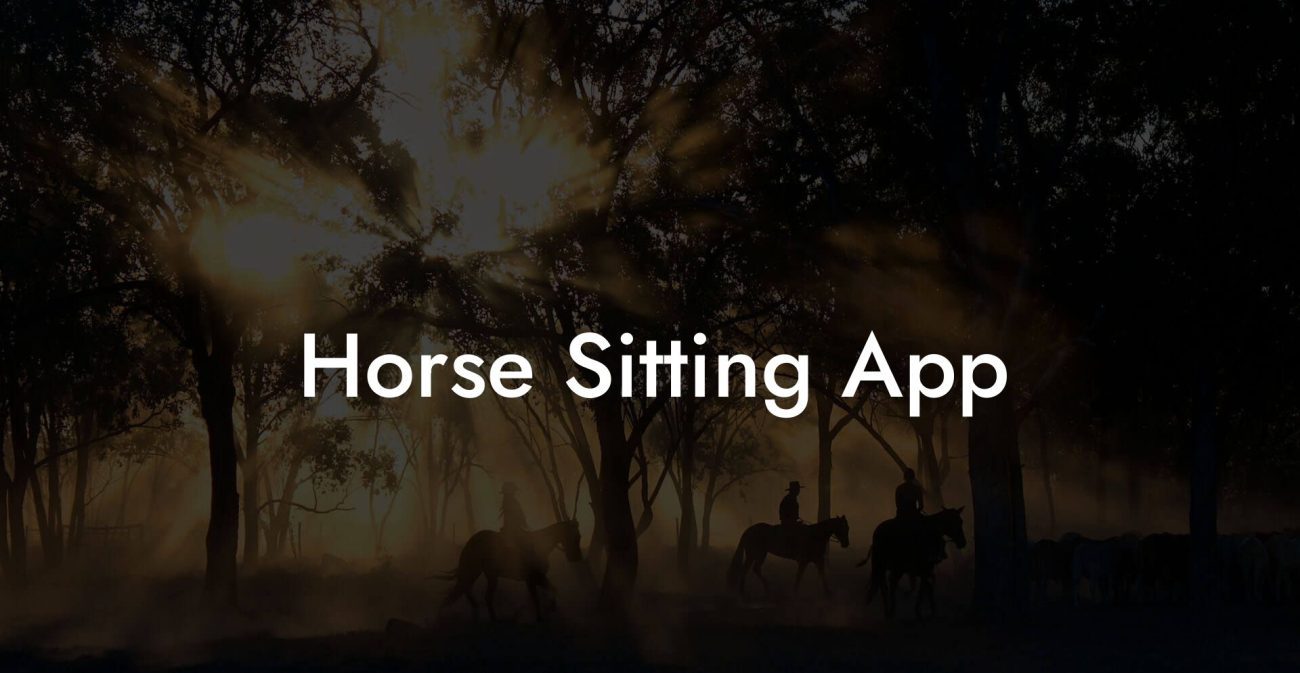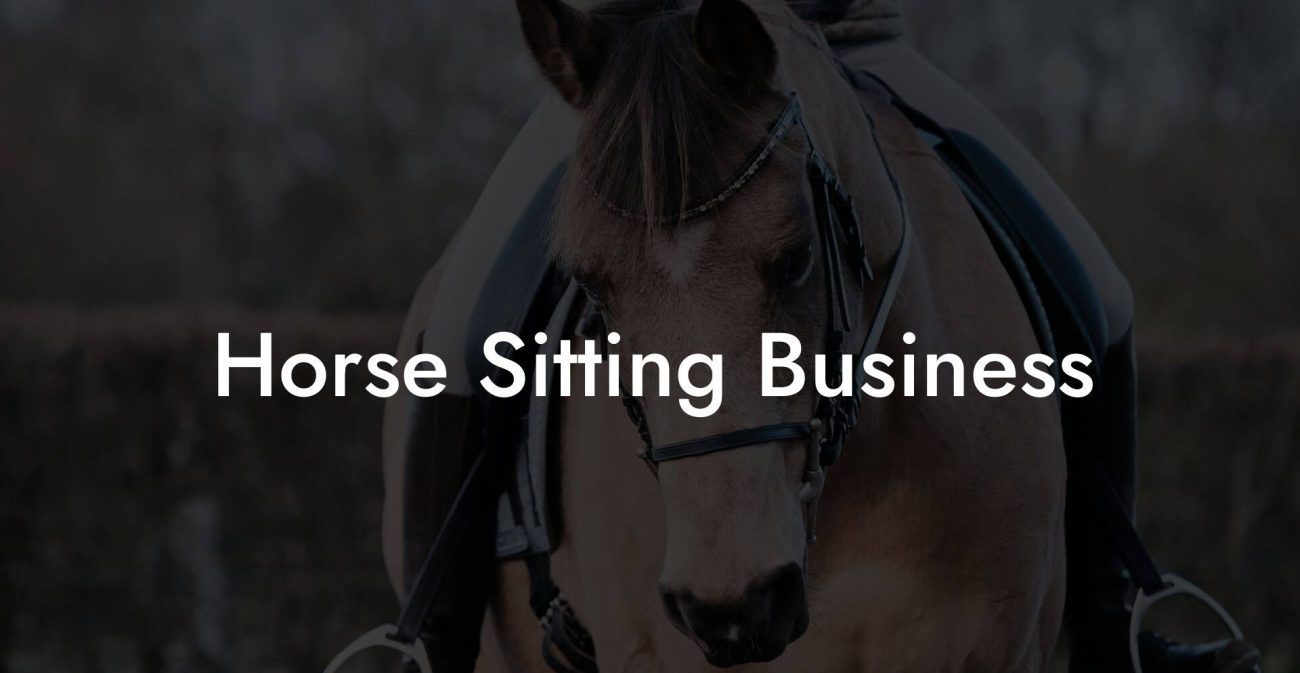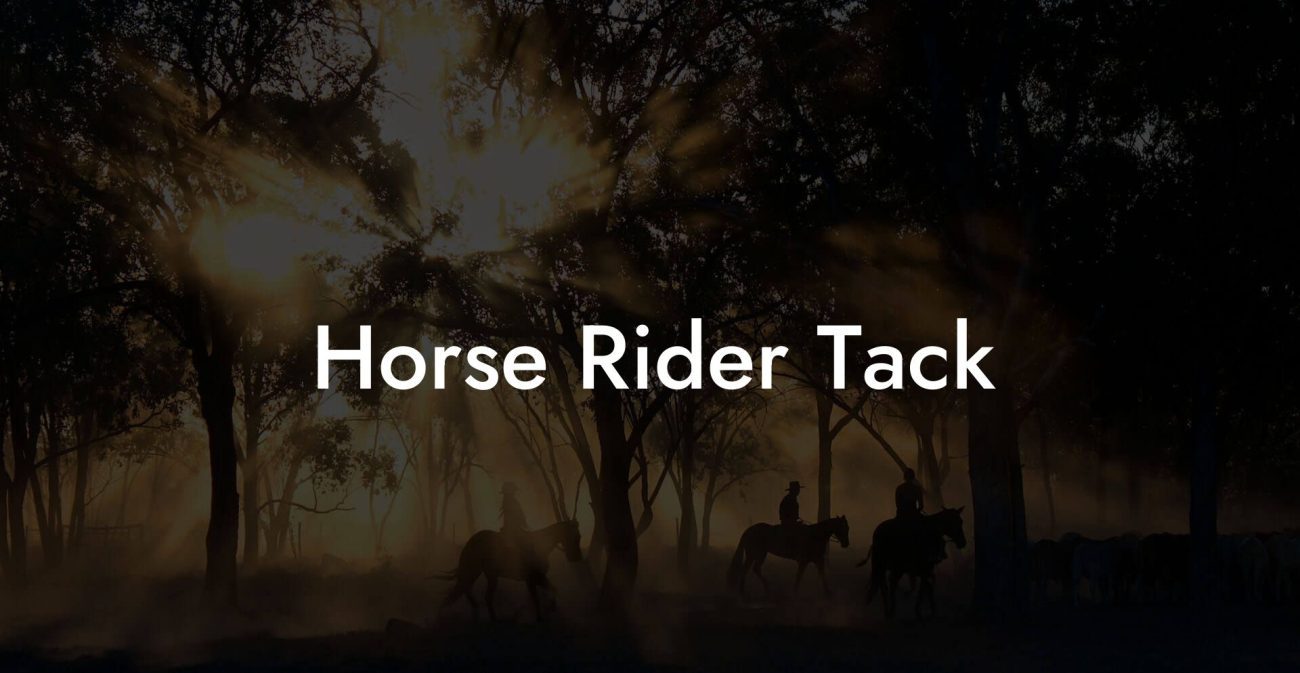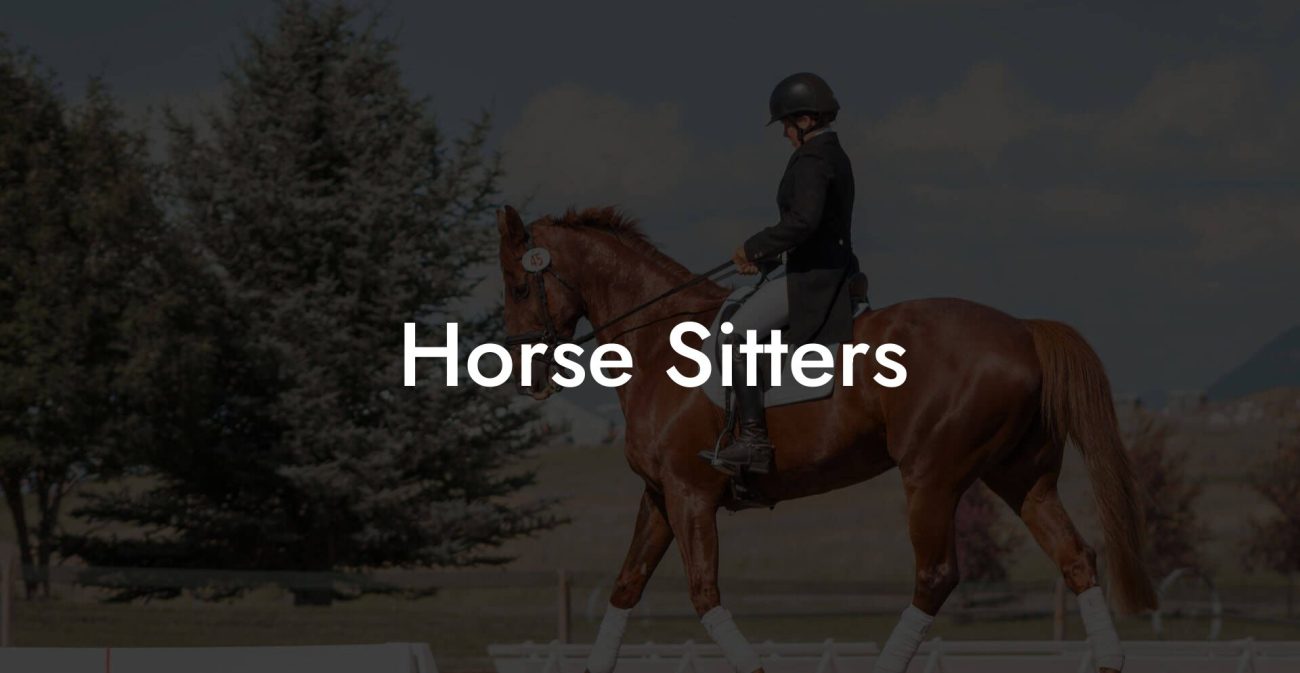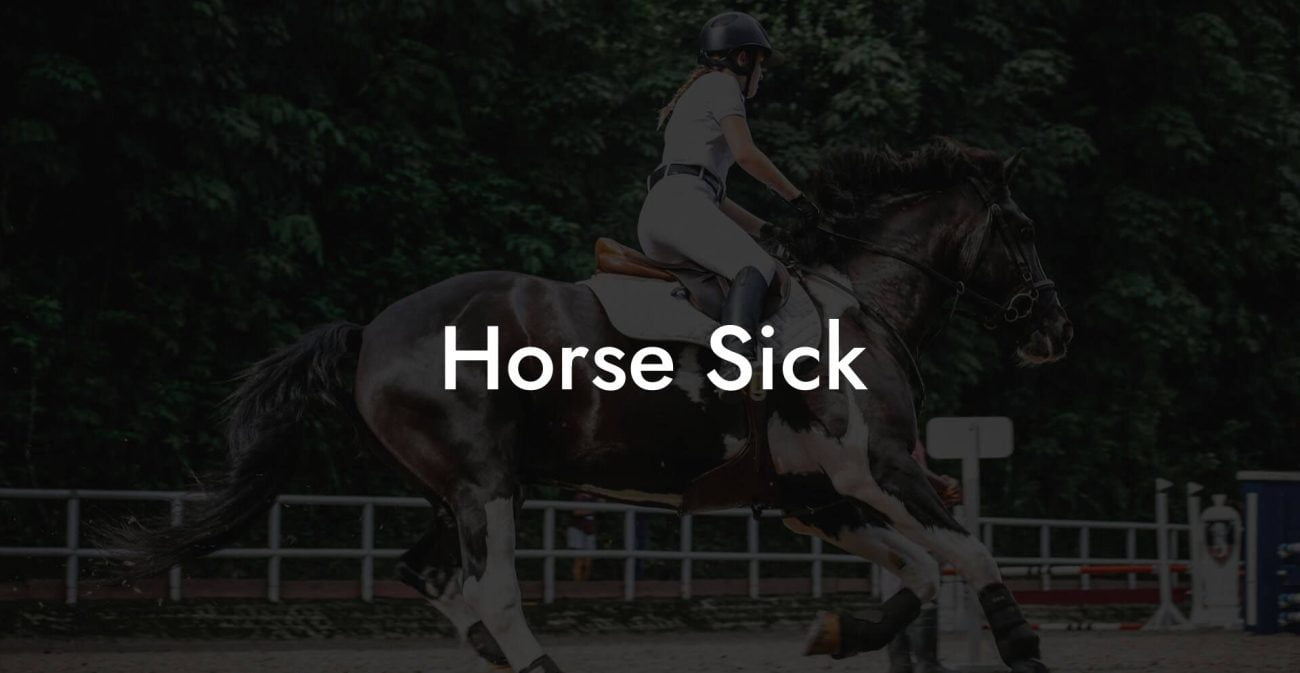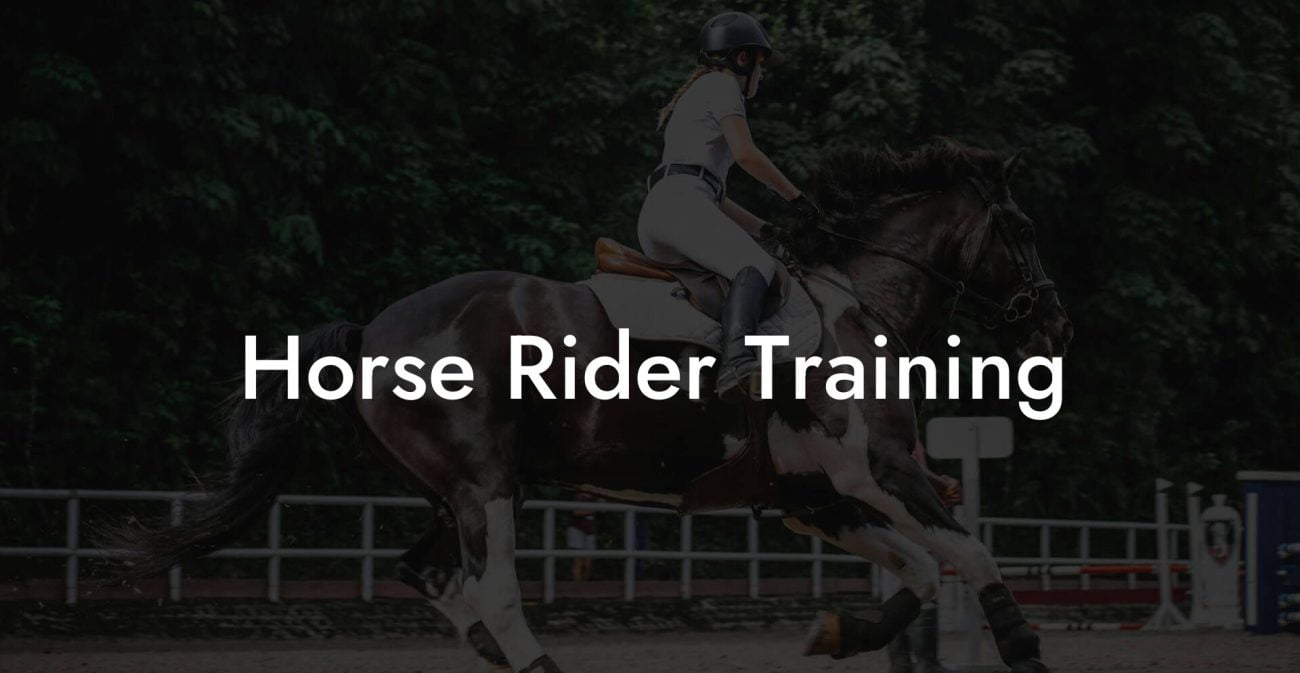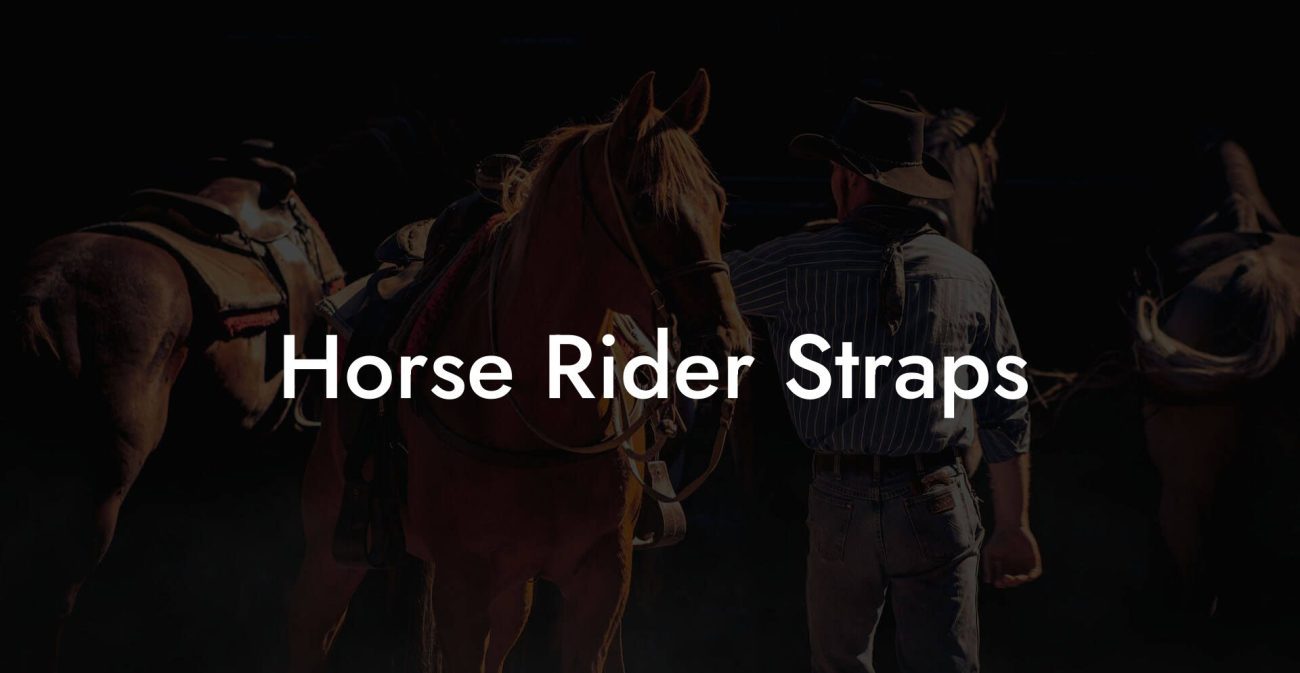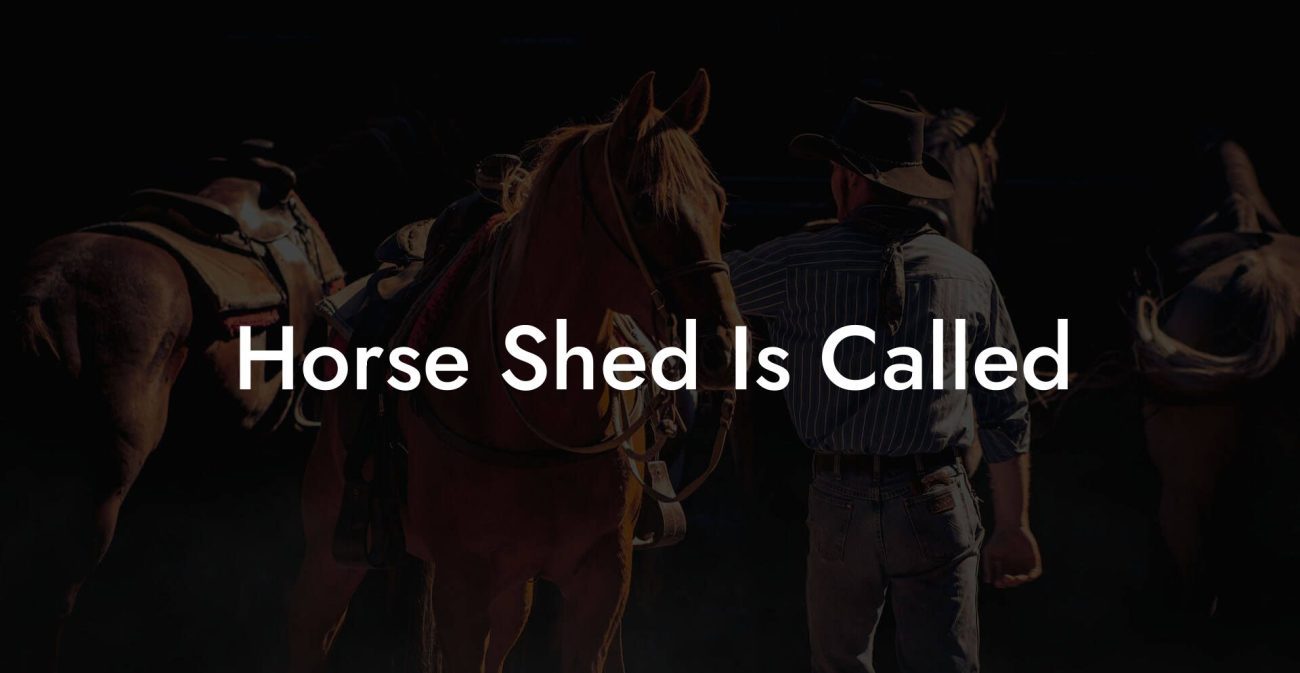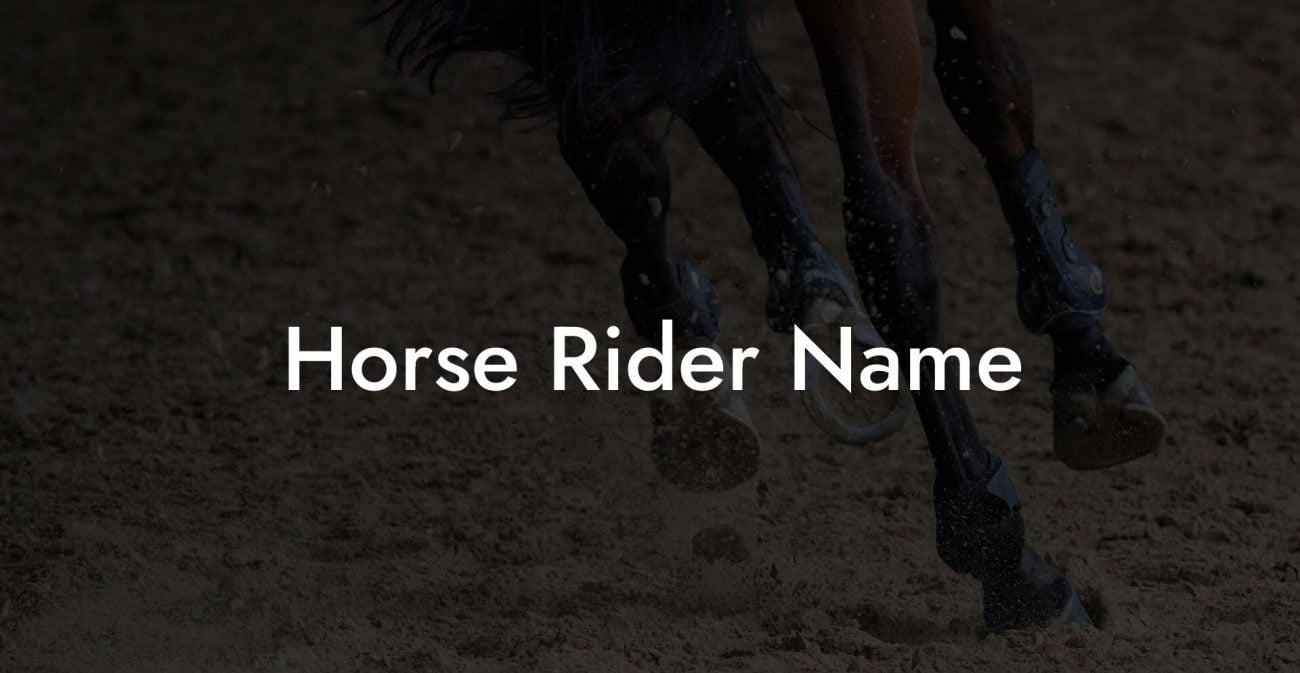Ever wondered what it really takes for a horse to thrive beyond just trotting around like a majestic Instagram filter? Let’s gallop right into the nitty-gritty of equine survival, a vibrant, no-nonsense guide that cuts through the hay to reveal everything from gourmet grub and cozy quarters to spa-level grooming and hoof-tastic health care. Whether you’re a seasoned equestrian or a Gen-Z horse-lover fascinated by everything from Insta-worthy mane flips to the intricate details of horse wellness, this guide is your backstage pass to the ultimate equine lifestyle.
Quick Links to Useful Sections
- The Essentials of Equine Survival: More Than Just Hay and Horseshoes
- Nutritional Needs and Feeding Tips: The Gourmet Guide to Horse Nutrition
- The Building Blocks of a Balanced Diet
- Hydration: The Unsung Hero of Equine Health
- Feeding Schedule: Timing is Everything
- Shelter and Stable Management: Creating a 5-Star Horse Haven
- Ventilation and Comfort
- Safety and Security
- Cleanliness: The Unsung Hero of Equine Lodging
- Exercise, Social Interaction, and Mental Well-being: More Than a Gym Membership
- Daily Turnout: The Ultimate Playground
- Equine Social Life: Strength in Numbers
- Mental Stimulation and Enrichment
- Health and Veterinary Care: Keeping Your Equine in Tip-Top Shape
- Routine Check-Ups and Vaccinations
- Hoof Care: The Foundation of Mobility
- Emergency Measures and First Aid
- Grooming and Hygiene: A Little Spa Day Goes a Long Way
- The Art of Grooming
- Hygiene Essentials
- Seasonal Considerations
- Training and Behavioral Enrichment: The Brainy Side of Brilliance
- Basic Obedience and Advanced Skills
- Interactive Enrichment Activities
- Resources and Community Support: Your Next Steps Toward Equine Excellence
- Blogs, Podcasts, and Influencers
- Continuing Education and Workshops
- Your Journey to Equine Excellence: Embrace the Adventure
- Equine Care FAQs: Answers to Your Most Pressing Questions
- Your Journey to Equine Excellence
The Essentials of Equine Survival: More Than Just Hay and Horseshoes
Horses are not just big, beautiful creatures that dazzle us with their power and grace, they’re complex, social beings with needs that span far beyond a simple carrot snack. In order for your equine friend to thrive, you need to pay attention to the basics: nutrition, shelter, exercise, health care, and a healthy dose of companionship.
From a stable bursting with warmth and safety to a daily routine that feels like a balanced mix of meditation and motion, understanding what a horse needs to survive is key to providing a life that’s as deliciously fulfilling as your favorite artisanal coffee. And yes, while the horse might be the star of your story, the behind-the-scenes care is every bit as important.
In this guide, we’ll break down every aspect of equine care in a breezy, tongue-in-cheek style that’s perfect for the modern horse enthusiast. Buckle up, this isn’t your grandma’s hayloft handbook. We’re mixing the old-school essentials with fresh, modern vibes to keep both you and your horse looking and feeling spectacular.
Nutritional Needs and Feeding Tips: The Gourmet Guide to Horse Nutrition
Let’s face it: horses have pretty discerning palates. While they might munch on hay like it’s the newest TikTok trend, feeding your horse the right diet is all about balancing taste, nutrition, and downright delicious grass. The secret to exceptional horse nutrition lies in understanding the blend of traditional feed, natural forage, and the occasional treat that makes their taste buds tingle with joy.
The Building Blocks of a Balanced Diet
Every horse needs a diet that includes ample forage (which can be as simple as grass or hay) coupled with balanced concentrates to fuel their energy levels throughout the day. Whether you’re discussing high-fiber forage or discussing the benefits of grains and pellets, the focus should be on steady energy levels and overall bodily health.
Forage First: The foundation of any horse’s diet should be forage. A continuous supply of good-quality hay or fresh pasture is non-negotiable. Forage is loaded with the fibers that keep a horse’s digestive system in tip-top shape, its mood upbeat, and its energy steady. Remember, a happy tummy leads to a happy horse!
Concentrates and Supplements: Concentrates such as oats, barley, and specially formulated horse feed provide the extra calories and nutrients a hardworking equine might need, especially if they’re galloping through their daily routines. Supplements too, like vitamins, minerals, and even omega-3 fatty acids, can be the secret sauce for a shiny coat and robust immune system.
Hydration: The Unsung Hero of Equine Health
A galloping horse with its mane in the wind might look like it doesn’t need much, but hydration is absolutely essential. Clean, fresh water should be available around the clock. Water aids digestion, regulates body temperature, and, let’s be honest, keeps that noble equine spirit hydrated enough to keep prancing around.
Investing time in monitoring water intake and quality isn’t just good practice, it’s a key element of modern horse nutrition that can prevent issues like colic and dehydration during those long summer rides.
Feeding Schedule: Timing is Everything
Horses thrive on routine. Try to keep feeding times consistent because, believe it or not, these gentle giants appreciate knowing when it's time to chow down. Splitting feed into multiple smaller meals instead of one large serving throughout the day helps maintain steady energy levels and prevents digestive upsets.
Incorporate a mix of wet and dry feeds if possible, and always keep an eye on quality, what’s good for your horse is good for your Instagram fodder too!
Shelter and Stable Management: Creating a 5-Star Horse Haven
When it comes to housing your equine companion, think of the stable as their chic luxury apartment. Horses need a safe, comfortable, and well-ventilated shelter that protects them from harsh weather and provides a serene space to relax after an energetic day outdoors.
A top-notch stable isn’t just about four walls and a roof, it’s about creating an environment that supports not only your horse’s physical well-being but also their mental calm. Mind the basics: proper ventilation, ample space, and a routine cleaning schedule to keep dust and bacteria at bay.
Ventilation and Comfort
A well-ventilated stable helps prevent respiratory issues and keeps temperatures moderate. During the colder months, ensure your horse has extra bedding and safe heat sources, while in the summer, a cool, breezy stable can make all the difference. Think of it as a spa retreat for your horse, minus the cucumber slices.
Safety and Security
Horses are curious beings and sometimes treat stables like a playground. This means ensuring that the stable and surrounding paddocks are secure, escape-proof, and free of hazards. Regular inspections and maintenance routines will keep everything running smoothly and safely.
Cleanliness: The Unsung Hero of Equine Lodging
Maintaining a spotless stable isn’t just about aesthetics, it directly contributes to your horse’s health. Dust, mold, and leftover feed can lead to respiratory issues and infections. Regular mucking out, sweeping, and sanitizing common areas keep your equine friend happy, healthy, and Instagram-ready.
Exercise, Social Interaction, and Mental Well-being: More Than a Gym Membership
Horses are social animals by nature. They crave the freedom of movement, the company of their herd, and the thrill of exploring open spaces. Ensuring your horse gets enough exercise and social interaction is a vital component of their overall survival kit.
Daily Turnout: The Ultimate Playground
Daily turnout in a spacious paddock or pasture allows your horse to stretch their legs, graze freely, and engage in natural behaviors. This not only benefits their physical health by building muscle and maintaining flexibility but also boosts their mental alertness and overall happiness.
Consider it the equine equivalent of that refreshing morning jog that sets the tone for an active, vibrant day, albeit with more galloping and fewer treadmill selfies.
Equine Social Life: Strength in Numbers
Horses are herd animals; isolation can lead to stress, boredom, and even behavioral issues. Whether it’s the comforting nicker from a neighbor or the playful chase around the paddock, social interaction is key.
When possible, house your horse with companions. They benefit from the social structure, and the herd mentality provides emotional comfort and stability, much like hanging out with your ride-or-die friend group.
Mental Stimulation and Enrichment
Keeping your horse’s mind engaged is just as important as physical exercise. Introduce enrichment activities like obstacle courses, puzzle feeders, or even simple training exercises that challenge their intelligence. These mental workouts help alleviate boredom and encourage a sense of exploration and learning.
Just imagine your horse as the equivalent of a savvy Gen-Z influencer, always curious, always on the move, and always in search of the next fun challenge.
Health and Veterinary Care: Keeping Your Equine in Tip-Top Shape
Nothing ruins a perfect day at the paddock like an unexpected bout of hoof trouble or a pesky parasite. Integrating regular veterinary care into your equine maintenance routine is crucial to ensure your horse lives a long, healthy, and vibrant life.
Routine Check-Ups and Vaccinations
Just like you wouldn’t skip your annual physical, your horse needs regular check-ups to catch any potential health issues before they become critical. Routine vaccinations, deworming schedules, and dental care are essential parts of your horse’s health regimen.
These check-ups aren’t just about staying ahead of soft tissue injuries, they’re also about ensuring that your horse's immune system is primed and ready to tackle whatever wild adventure life throws their way.
Hoof Care: The Foundation of Mobility
A horse’s hooves are its connection to the ground and arguably one of the most critical aspects of its health. Regular hoof trimming and appropriate shoeing (when needed) prevent painful conditions, improve balance, and allow for smooth movement on various terrains.
Think of hoof care as the equine version of a luxe pedicure, only with a lot more grit, mud, and the occasional splash of water.
Emergency Measures and First Aid
Despite your best efforts, accidents can happen. Being prepared with a well-stocked equine first aid kit can make all the difference during emergencies. Knowing basic first aid and having the contact details for your trusted veterinarian on speed dial ensures that you're ready to tackle any unforeseen health challenges head-on.
Prevention is the best medicine, but when emergencies do occur, being prepared can save your horse from prolonged discomfort and get them back to their vibrant self in no time.
Grooming and Hygiene: A Little Spa Day Goes a Long Way
Beyond the basics of a solid diet and a secure shelter, your horse deserves regular pampering. Grooming isn’t merely about keeping your equine’s coat shiny and their mane Instagram-worthy; it’s a vital part of their overall care routine.
The Art of Grooming
A daily grooming session not only helps remove dirt and debris but also boosts blood circulation, allowing for a healthy, glossy coat. Use specialized brushes, combs, and hoof picks to target different areas, and take the time to bond with your horse while you’re at it. These sessions provide a rare quiet moment for both of you to relax and unwind.
Hygiene Essentials
Regular cleaning routines for the stable and grooming of the horse ensure that infestations of parasites and skin irritations are kept at bay. Warm water and gentle, horse-specific shampoos can work wonders in removing accumulated grime while preserving essential natural oils in your horse’s coat.
It might even turn grooming into a social media event, after all, who wouldn’t want to see a perfectly groomed steed glowing with health and vitality?
Seasonal Considerations
Adjust your grooming habits according to the seasons. In the summer, sweat and dust can build up, while in the winter, drying out of the skin is common. A tailored grooming routine ensures that your horse remains comfortable, regardless of the weather.
Training and Behavioral Enrichment: The Brainy Side of Brilliance
Horses are much more than their brawn, they have brains, personalities, and a surprising capacity for learning new tricks. Incorporating training sessions into your horse’s daily routine not only improves their behavior but also provides mental stimulation that is key to overall well-being.
Basic Obedience and Advanced Skills
Whether you’re teaching your horse basic commands or introducing complex maneuvers, training sessions should be fun, engaging, and full of positive reinforcement. Reward-based methods make the learning process enjoyable and boost your horse’s willingness to learn. Over time, these sessions can build confidence, improve communication, and foster a deeper bond between you and your equine friend.
Interactive Enrichment Activities
Beyond formal training, interactive enrichment activities like obstacle courses, puzzle feeders, and even trust-building exercises challenge your horse mentally. These activities nurture curiosity, enhance problem-solving skills, and can even reduce behavioral issues stemming from boredom or isolation.
Think of these sessions as a cross between a brain-boosting session of yoga and a playful scavenger hunt, just with more hay and neighs!
Resources and Community Support: Your Next Steps Toward Equine Excellence
Transitioning from plan to practice isn’t something you have to do alone. The equestrian community is a vibrant, supportive network of fellow horse lovers, seasoned professionals, and innovative caretakers who are all eager to share tips, experiences, and advice.
Online forums, social media groups, local equestrian clubs, and even neighborhood stables can serve as excellent starting points for inspiration and mentorship. Engaging with a community that’s passionate about horse care can provide valuable insights and boost your confidence on the journey to equine excellence.
Whether you’re looking for advice on the latest grazing trends, innovative stable management ideas, or simply need a few laughs from fellow equine enthusiasts, tapping into a community of like-minded individuals will help you stay informed, inspired, and connected.
Blogs, Podcasts, and Influencers
The digital world is bursting at the seams with content dedicated to horse care and equine wellness. From informative blogs offering practical tips to podcasts that share inspiring stories of transformation, make sure to follow a few influencers whose passion and expertise resonate with your personal approach to horse care.
Continuing Education and Workshops
Many organizations and veterinary associations offer workshops and continuing education courses focused on equine nutrition, stable management, and health essentials. These serve as excellent opportunities to deepen your understanding and keep up with the latest trends in the field.
Ultimately, consider your journey as both a personal and community-driven adventure, one that evolves over time as you learn, share, and grow alongside your cherished horse and the wider equestrian family.
Your Journey to Equine Excellence: Embrace the Adventure
Taking care of a horse is an adventure that blends fun, responsibility, and an endless pursuit of knowledge. From bolstering nutritional health and ensuring the perfect stable haven to embracing advanced training methods and forming bonds with fellow enthusiasts, your commitment to your horse’s well-being transforms everyday routines into memorable experiences.
Every switched hay bale, every measured feed portion, and every moment of playtime is a building block in creating a safe, thriving environment for your horse. With a bit of humor, passion, and a relentless drive for excellence, you can turn the challenges of horse care into rewarding milestones, not just for your horse but for you as well.
This guide is your toolkit for turning the basics of survival into a lifestyle of excellence. As you weave together the threads of nutrition, shelter, care, and community, remember that every step you take helps your horse live a fuller, richer, and more vibrant life.
So, saddle up and take charge of your horse’s destiny. Embrace the challenges, laugh at the mishaps, and celebrate the victories, big and small. Your dedication not only ensures that your horse survives, but that it truly thrives in a world that’s as bold, dynamic, and unique as the bond you share.
Equine Care FAQs: Answers to Your Most Pressing Questions
Curious about the nuts and bolts of horse care? Here are some of the most frequently asked questions to clear up any confusion and help you steer through the world of equine excellence with confidence.
1. What are the basic nutritional needs for a healthy horse?
Horses primarily require high-quality forage such as hay or pasture, supplemented with balanced concentrates and clean water. Incorporating vitamins and minerals is also crucial to support overall growth and energy.
2. How much time should a horse spend outside?
Horses benefit greatly from daily turnout, which should ideally be several hours per day in a spacious paddock or pasture where they can graze, socialize, and move freely.
3. How often do horses need veterinary check-ups?
Regular veterinary care is essential, ideally, at least once or twice a year for routine check-ups, including vaccinations, dental care, and deworming. More frequent visits might be needed if your horse has specific health issues.
4. What stable management practices are key for a horse’s well-being?
A well-managed stable should have proper ventilation, regular cleaning routines, secure fencing, and comfortable bedding to protect against harsh weather and ensure overall safety.
5. What are the most common health issues in horses?
Common issues include hoof problems, colic, respiratory infections, and musculoskeletal injuries. Regular care, proper diet, and routine checks can help prevent or manage these conditions.
6. How can I tell if my horse is socially happy?
A socially happy horse will be relaxed, engaged with its peers, display a healthy appetite, and exhibit a willingness to interact and play during turnout.
7. What grooming practices are recommended for modern horse care?
Frequent grooming sessions that include brushing, cleaning the hooves, and occasional washing with appropriate shampoos help maintain a shiny coat and detect any early signs of skin or hoof issues.
8. Do horses need mental enrichment, and why is it important?
Absolutely. Mental enrichment through training, puzzle feeders, and interactive play helps combat boredom, reduces stress, and enhances overall cognitive function.
9. What’s the best way to introduce new feed or supplements into a horse’s diet?
Gradually introduce any new feed or supplements over 7-10 days to avoid digestive upset. Monitoring your horse’s reaction during this transition is key.
10. How can I find trustworthy resources and communities devoted to horse care?
Look for local equestrian clubs, online forums, social media groups, reputable blogs, and workshops hosted by veterinary experts. These avenues offer a wealth of knowledge and community support.
Your Journey to Equine Excellence
Embracing the art of modern horse care means blending timeless practices with contemporary insights, a journey full of learning, laughter, and the occasional muddy hoof. From balancing a meticulous diet and building a secure stable to pioneering innovative training and fostering genuine horse-human bonds, every action is a step toward creating an environment where your horse not only survives but thrives.
Equip yourself with the knowledge to meet your horse’s every need, and remember that behind every successful gallop is a dedicated squad of caretakers transforming challenges into triumphs. The adventure of equine excellence is yours to shape, saddle up, stay curious, and gallop forward with passion.
There will be spills and thrills, but with thoughtful care and a modern twist to time-tested traditions, your horse will be leading a life filled with vitality, joy, and boundless energy. Here’s to every nuzzle, every spirited canter, and every moment that makes the journey unforgettable.

